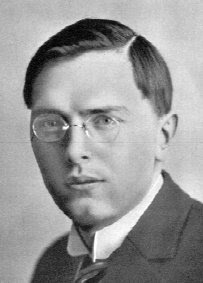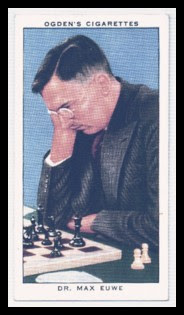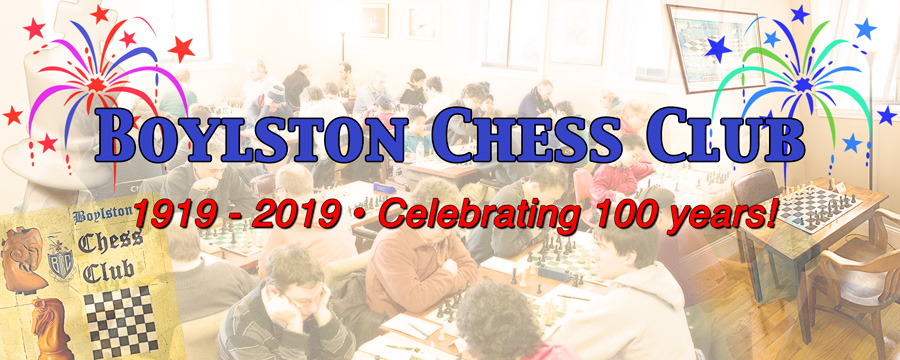
Machgielis Euwe (1901-1981).
Max Euwe
"There's something wrong with that man. He's too normal." – Bobby Fischer
Max Euwe is considered by many the weakest world champion. We should be more sensitive of Euwe's obverse situation in these days of the baseball steroid/"*" debate of the effect of performance enhancement drugs on sports and their statistics; where there always exists plenty of conversation weighing in on the dehancing effect that alcohol had on Euwe's opponent Alexander Alekhine's effort in their world championship match of 1935.

Wikipedia has a list of great players that basically state that Euwe was the better player in 1935 and won the match on merit. The fact that he was not a true professional player, putting his family above chess, makes him very different than most world champs that gave 120% of everything, sacrificing social investment to be on top.
Max Euwe was a great defensive player - he had to be, having faced the great attacking Alekhine 86 times, having a +20 -28 =38 record (according to chessgames.com). Little did we realize that Euwe was half a century ahead of chess; seemingly playing a Slav every time he could. Euwe was a good chess author as well.
But the thing that makes Max Euwe one of my chess hero's were his decisions and actions as President of FIDE that profoundly affect chess even today. Except for Max from the Netherlands, FIDE was dominated by the Soviet block of countries and the fate of defecting Gennadi Sosonko in 1972 and more importantly Viktor Korchnoi's defection in 1976 (then 2nd in the world), would have been totally different. The Soviets wanted defectors to be declared "non persons" by FIDE. The Anatoly Karpov vs. Victor Korchoni 1978 title match would not have happened. Euwe participated in the 1972 Bobby Fischer world championship and Fischer's failed title defense shenanigans as well.

Way ahead of his time, Euwe's insightful approach to Soviet defectors brought to the US Soviet émigrés like: Anatoly Lein, Leonid Shamkovich, Boris Gulko, Igor Ivanov. Other former Soviet players that are still influencing the Boston area like: Alexander Ivanov, Jacob Rasin, Igor Foygel, Mikhail Perelshteyn, Esther Epstein, Roman Dzindzichashvili, Boris Belopolsky; just to name a few of the flood of many that Euwe enabled. The best coached kids in the US today are more influenced by the school of Botvinnik than by Fine, Reshevsky, and Fischer. Who would have imagined this in 1972?

Why do they call a "W" a "double U" and not a "double V"?
What kind of sacrifice does it take to be world champ?
Do you think Euwe is over or under rated?
Are there any Soviet émigrés that you believe helped Boston/US chess that you would like to write about?
Please comment. Mike Griffin 06/03/2008
http://en.wikipedia.org/wiki/Max_Euwe
http://www.chessgames.com/perl/chess.pl?page=1&pid=10706&pid2=10240
http://www.chessgames.com/perl/chess.pl?page=1&pid=10706&pid2=10240

,

No comments:
Post a Comment